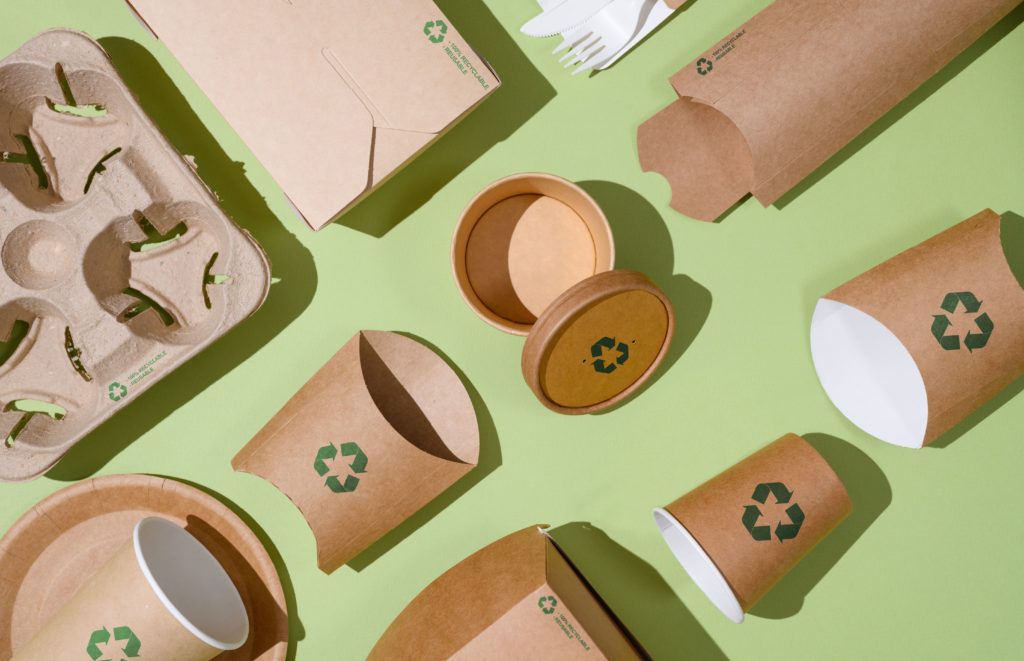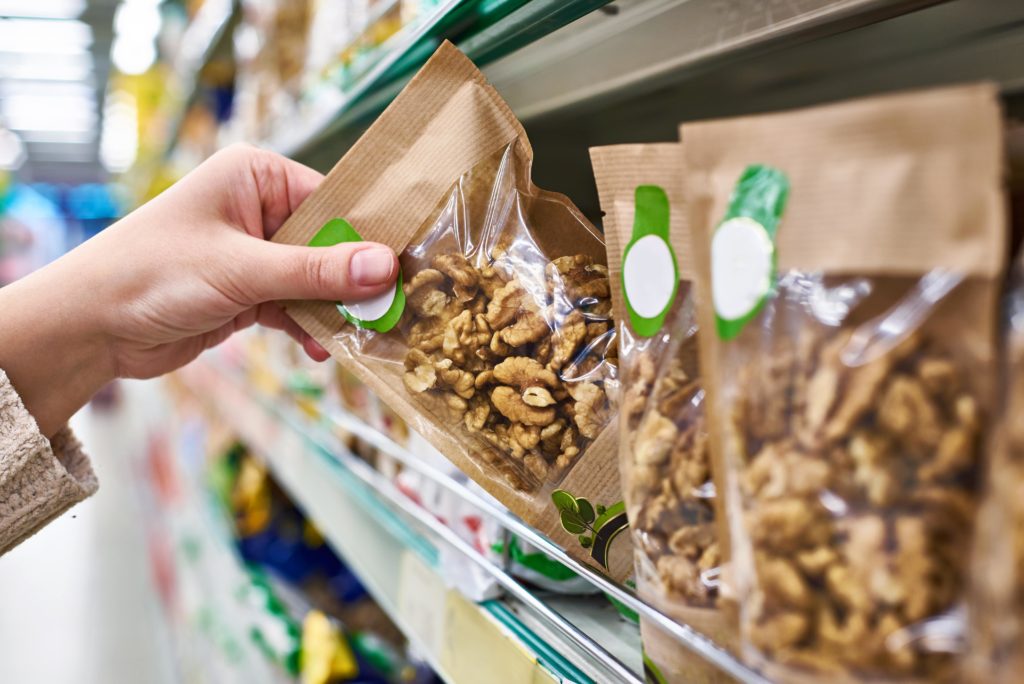Introduction
Packaging has been a hot topic over the years that continues to receive mainstream media attention. The revelation of the damage caused by plastic, the overgrowing waste in landfill, and the harmful impact this has had on our lands, seas, and oceans have motivated many consumers to voice their concerns regarding the environment and the role that packaging plays in this.

Consumers have put a stronger emphasis on bettering their immediate and long-term health, which has led to a heightened focus on the environment and sustainability; if consumers want better for themselves in the long-term, they must also consider the environment and how they can reduce and minimize potential damage in the future. This has led consumers to embark on a journey to become more environmentally conscious and has manifested into conscious behaviors, for instance, becoming more attentive to labeling, packaging, and abilities to reuse, recycle, and even up-cycle materials.
Recycling
When consumers were asked why they recycle, 73% said it was due to their concerns about global warming, and 72% stated it was due to their concerns about the state of the planet.
When global consumers were asked about their recycling habits, the top three responses were: I keep the packaging for alternative uses afterward (47%), recycling is too time-consuming (41%), and I lack awareness about recycling and could do with more information on the subject (39%). This presents an issue that consumers view recycling as inconvenient and a topic they feel they lack knowledge of. This is important to acknowledge as it presents an opportunity to educate consumers about recycling in a simple way and make it more accessible so consumers do not deem it as time-consuming or difficult. This must be done without over-complicating the topic, which opens the potential risk of being disengaged and leaving consumers to continue to assume it is inconvenient.
Consumers were then asked to rank different recyclable materials from easiest to most difficult to recycle. The three materials consumers ranked the easiest were: cardboard packaging (66%), paper packaging (66%), and liquid packaging (61%). With the most difficult materials being hard/rigid plastic (38%), metal/aluminum foil packaging (28%), and soft/flexible plastic packaging (20%).

Packaging Claims
76% of consumers said the main purpose of packaging is to ensure groceries are as fresh and safe as possible.
Consumers were asked to consider their awareness of environmentally friendly packaging claims; consumers were mostly unaware of plant-based, energy-efficient, and bioplastic (all three, 27%). Consumers were most aware of recyclable packaging (73%), reusable packaging (72%), and lightweight packaging (72%). The recycling symbol is one which has become renowned worldwide; introducing symbols or simple labeling to define packaging claims is an easy way to ensure consumers are kept informed and aware.
When it comes to determining whether the packaging is environmentally friendly or not, the features consumers found most important to consider were carbon emissions of the packaging being optimized/minimized (72%), followed by no water being wasted to create packaging, and packaging being refillable/recyclable (both 61%).
62% of global consumers strongly agreed they would like more information about the life cycle impact of packaging (I.e., carbon and water footprint). Being able to recycle the packaging more than once (59%) and being able to decipher the difference between “recycled” and “recyclable” packaging (57%) were the other environmental claims consumers were most responsive to. Consumers were most likely to want to obtain this information either from written instructions printed on the packaging or via the Internet.
Conclusion
Behaviors that were previously considered niche have now become normalized as society pushes to become more environmentally conscious and sustainable. Consumers are more responsive to labeling, packaging, and making recycling more accessible. It is crucial that brands and manufacturers acknowledge this movement and become more transparent through their claims and pledges. It is important not to ‘greenwash’ as consumers are more mindful of false claims and feel it is a requirement for products to communicate their credentials, claims, and pledges simply and clearly (and preferably on the packaging of the product already).